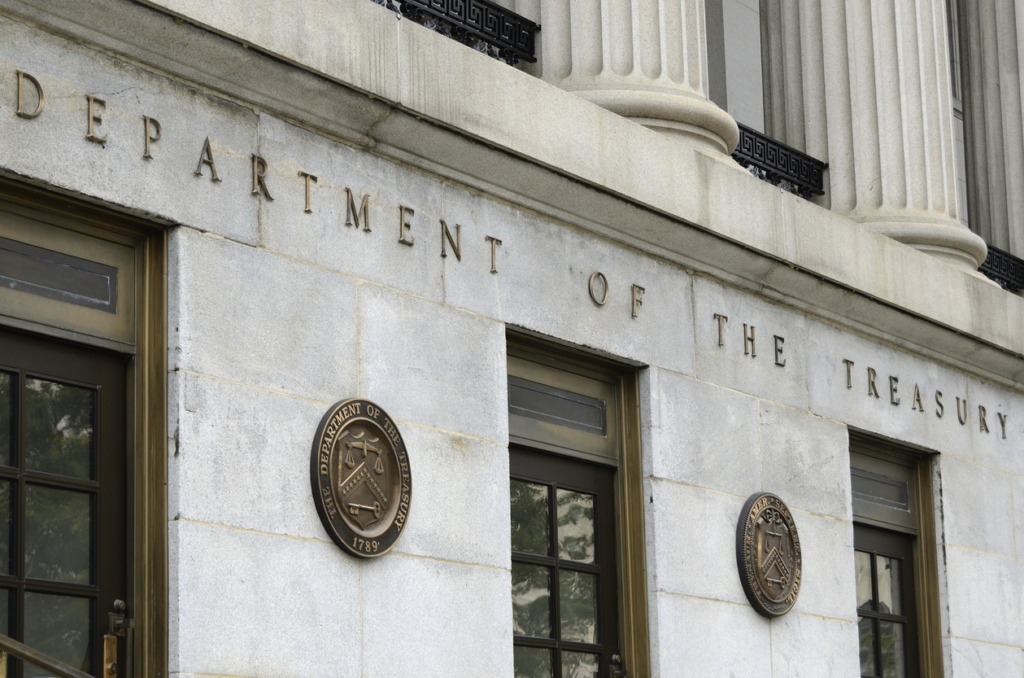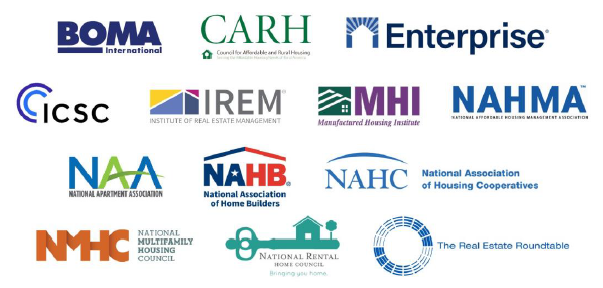
On Thursday, House Ways and Means Committee Members Mike Carey (R-OH) and Jimmy Gomez (D-CA) introduced the bipartisan Revitalizing Downtowns and Main Streets Act (H.R.9002), which would create a market-based tax incentive for converting older commercial buildings to residential use.
Revitalizing Downtowns and Main Streets Act
Roundtable Advocacy

The Roundtable’s Tax Policy Advisory Committee will continue working with policymakers to advance tax policies that encourage and facilitate property conversion efforts.

This week, the U.S. Department of the Treasury, as Chair of the Committee on Foreign Investment in the United States (CFIUS), issued a Notice of Proposed Rulemaking (NPRM) that would expand CFIUS’s jurisdiction over certain transactions by foreign persons involving real estate in the United States. (Treasury Press Release, July 8)
Proposed Rule
Other Key Changes
Implications and Next Steps

The Real Estate Roundtable’s Real Estate Capital Policy Advisory Committee (RECPAC) will continue to monitor the proposed rulemaking and plans to submit comments.

A coalition of national real estate associations submitted comments to the Cybersecurity and Infrastructure Security Agency (CISA) expressing concerns over a new proposed rule: Cyber Incident Reporting for Critical Infrastructure Act (CIRCIA) Reporting Requirements. As currently drafted, the rule imposes overly burdensome requirements and requires companies to assume unnecessary but significant legal and cybersecurity risks. (Letter)
Cyber Incident Reporting Rule
Industry Concerns and Recommendations

The Real Estate Roundtable’s Homeland Security Task Force and RE-ISAC will continue to be resources and assist CISA in the development of clear, effective, and secure cyber incident reporting rules.